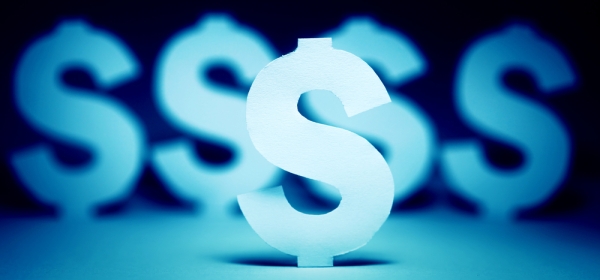On Friday, the Fair Work Commission increased the national minimum wage by 3.5 per cent, from $18.29 per hour, or $694.90 per week, to a new rate of $18.93 per hour or $719.20 per week.
Those working a 38-hour week will take home an extra $24.30. The increase, which takes effect on 1 July, is about double that argued by the Australian Industry Group, and about half the amount that the Australian Council of Trade Unions wanted. It will result in a pay increase for about two million Australian workers.
So what does this increase mean for those on the Age Pension, given that the twice-yearly indexation of the pension is benchmarked to wages?
At first glance, an increase in wages looks like a good thing for Australian pensioners. Currently the Age Pension, Disability Support Pension, Service Pension and Carer Payment are indexed twice a year, in March and September.
Indexation is based on two factors: price increases and male weekly earnings. Payment rates are indexed to the rise in Consumer Price Index (CPI) or the Pensioner and Beneficiary Living Cost Index (PBLCI), whichever is greater.
The CPI measures changes in the prices of a fixed ‘basket’ of goods and services and is used to preserve the real value of pensions. The PBLCI measures the effect of price changes to out-of-pocket living expenses where the main source of income is a government payment. This index is intended to check whether disposable incomes have kept pace with price changes.
After indexation is applied, the payment rate is then benchmarked against a percentage of the Male Total Average Weekly Earnings (MTAWE). The single rate of pension equals 27.7 per cent of the MTAWE and the couple combined rate is equal to 41.76 per cent.
If, once initial indexation is applied the rate is less than the benchmark of the MTAWE, the payment rate will be lifted to equal the agreed percentage. The benchmarking of pensions to the MTAWE is to ensure pensioners maintain a certain standard of living, relative to the rest of the population.
So a rise in wages will automatically flow through to pensions?
Well only marginally, it seems. Firstly, the increase only applies to those on a minimum wage – less than 20 per cent of the workforce.
And according to economist Matt Grudnoff from The Australia Institute, this increase is only slightly more than last year’s increase of 3.3 per cent, and this had little impact on wages across the board, which only rose 1.9 per cent over the year.
So the indexation of the Age Pension in September is unlikely to be positively affected by a hike in wages any time soon.
The most recent indexation on March 20 this year lead to a fortnightly increase in the base rate of $12.20 for singles and $9.20 for couples. With fuel, power and medical expenses rising at much higher rates, a dignified life on a full Age Pension remains a challenge.
What do you think? Are you still working and if so, will this mean an increase in your take-home pay? Or are you on the Age Pension and hoping there will be a higher increase in September?
Related articles:
Wage hike not all good news
Call to scrap minimum pay
Age Pension increases

